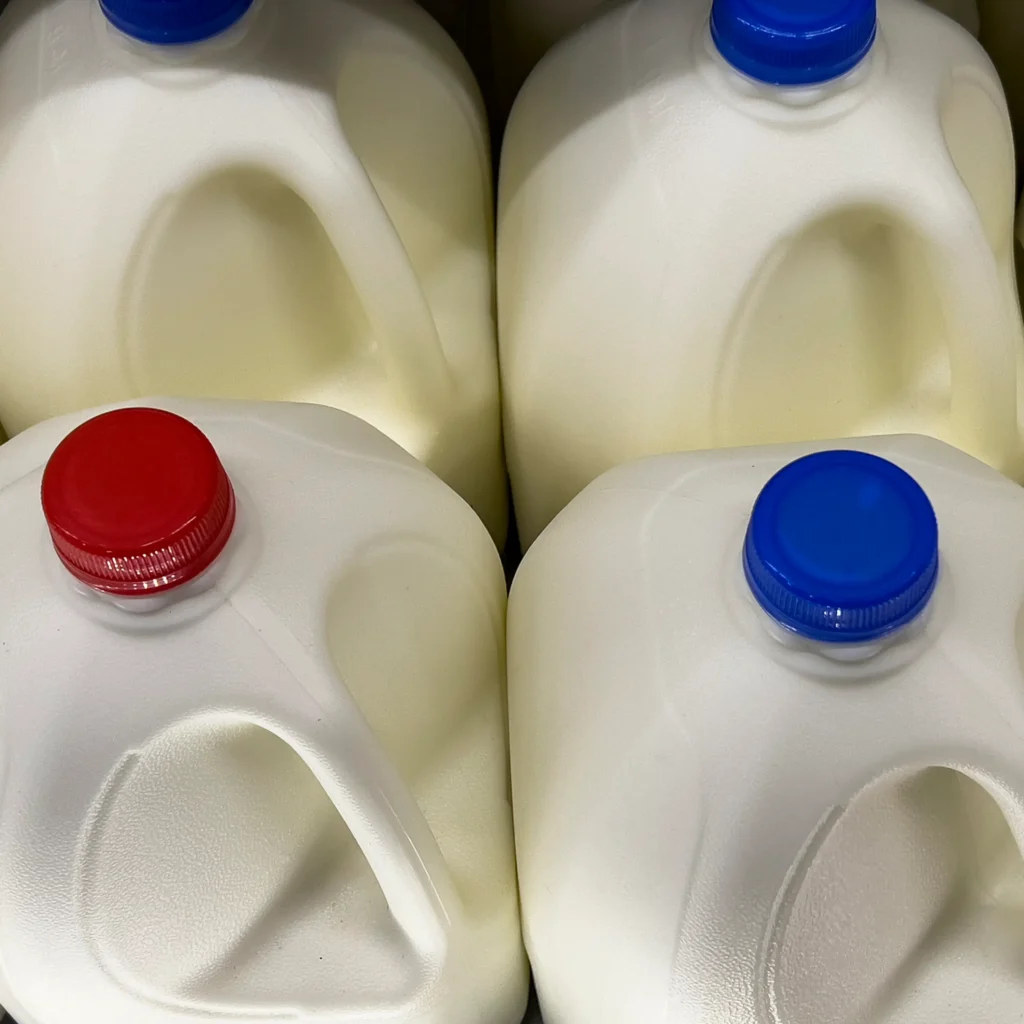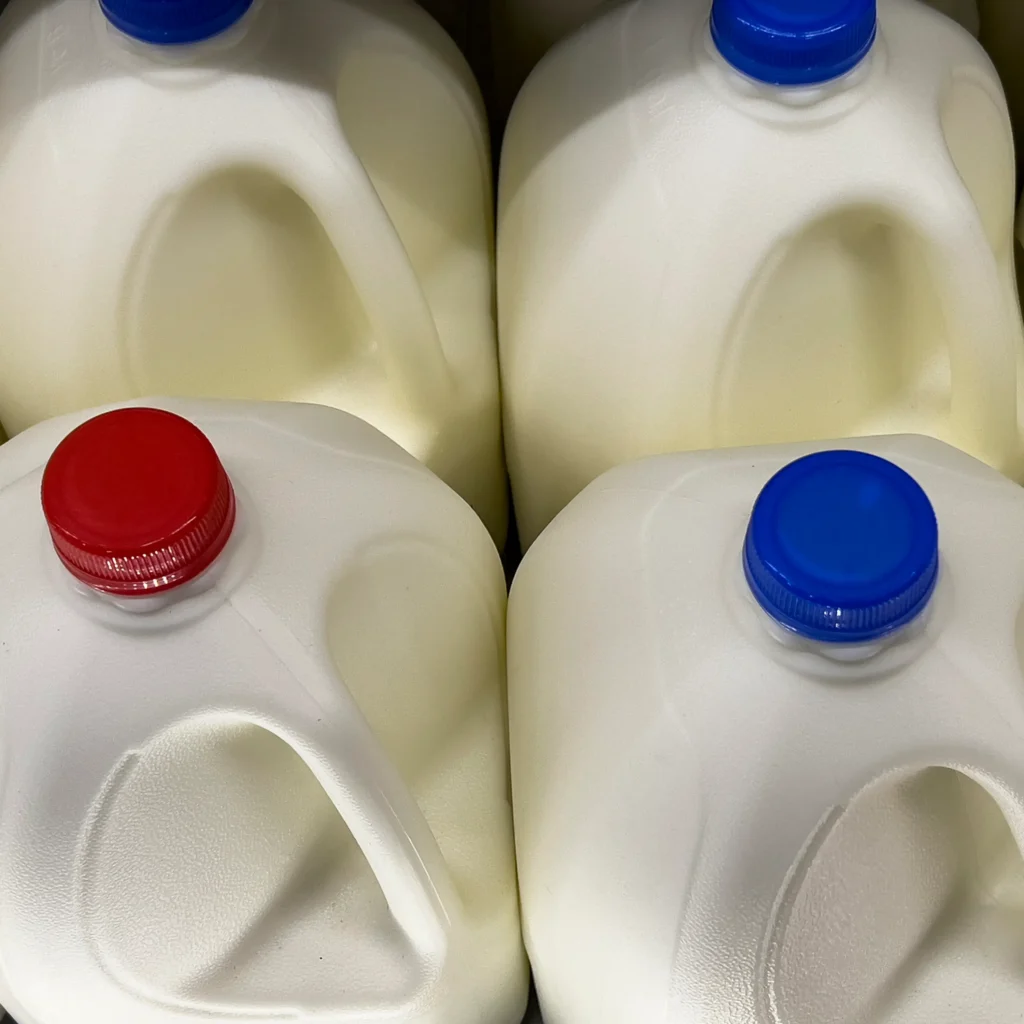U.S. farmers set new records in 2009 for corn and soybean production, according to the U.S. Department of Agriculture, driving another nail in the coffin of alarmist claims that global warming threatens agricultural production.
The 2009 U.S. corn crop totaled 13.2 billion bushels, surpassing the 2007 record of 13.0 billion bushels. Moreover, corn yields set an all-time record of 165.2 bushels per acre.
The 2009 U.S. soybean crop totaled 3.36 billion bushels, fully 5 percent above the previous record set in 2006. Soybean yields also set an all-time record of 44 bushels per acre, besting the 2005 record by 0.9 percent.
Carbon dioxide is crucial to plant growth and crop production. More atmospheric carbon dioxide means more plant growth and crop production. Assertions that the fertilization effect of higher atmospheric carbon dioxide will be nullified by increasing drought have been proven false by real world measurements – dating back more than a century – of precipitation and soil moisture improving throughout the 20th century as moderate increases in atmospheric carbon dioxide and global temperatures occurred.
Corn and soybeans are not the only crops smashing production records as atmospheric carbon dioxide and global temperatures continue to rebound from the abnormally cold Little Ice Age that persisted until roughly 1900 A.D.
In 2008, U.S. wheat, bean, peanut, and sugar beet production recorded their highest ever yields per acre.
In 2007, U.S. cotton, potatoes, rice, and sorghum recorded their highest ever yields per acre.
Also in the past decade, U.S. barley, canola, flaxseed, and sunflower production recorded their highest ever yields per acre.




